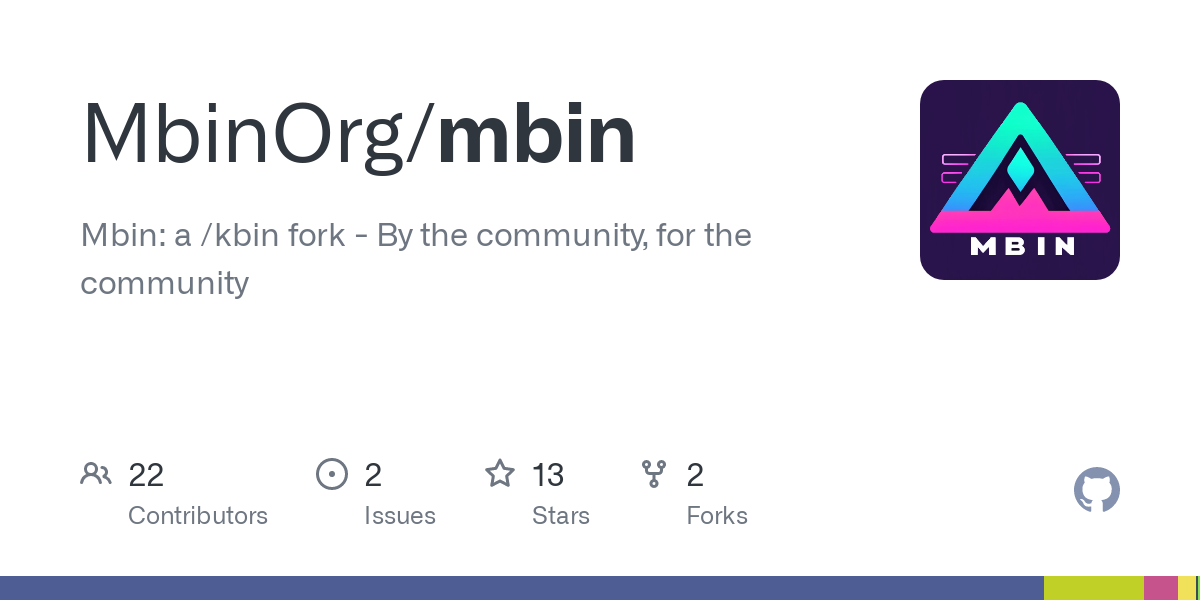cross-posted from: https://discuss.tchncs.de/post/4735963
Learned about this fork from a post about a potential shutdown of Fedia.io, a Kbin instance.
https://lemmy.world/post/6797580
As you can see in the comments, https://kbin.run/ already moved to Mbin.
Interesting to see if that can help with the development of new features compared to kbin being managed mostly by the main developer.



Thanks for the explanation. Since KBin is more fragmented and does not build up enough steam for further development, it’s maybe a better option to move to Lemmy at this point.
Also need to factor in the codebase of Lemmy. Kbin is based on the Symfony framework so the barrier to entry is going to be lower, hopefully getting more people interested in contributing.
It’s still a pretty bleeding edge project, running PHP 8.3 and Symfony 6, so that’s nice at least
I wouldn’t necessarily agree on that, but Lemmy is a more mature code-base which is a boon for sure in Lemmy’s favour. Kbin’s only been in development since Janaury 2021, with the canonical instance being as new as June 2023. Meanwhile Lemmy’s been in development since February 2019, with the canonical instance opening up in May 2019.
Even if you check the last week of commits;
Kbin's had 1
while Lemmy's had 1.2 per day
To be upfront with my biases though, I prefer Lemmy just for the UI and UX. I find Kbin difficult and slow to navigate in comparison, and frankly, I find many of the least tolerable people on Lemmy to be from Kbin. Obviously this doesn’t include you, but my perception nevertheless influences my biases.
Lemmy is also kind of struggling to get contributors onboard due to Rust not being that popular for Web.
Maybe mbin will become a viable equivalent just by having more contributors. Let’s see
I wonder if a platform that’s using more enterprise-y components would make things easier to onboard contribs? Java/Kotlin in Spring Boot w/React?
With the right contribution guidelines and solid PR pipelines to ensure code quality, it seems like pretty much any engineer could hop in and start developing. Especially if local resources like containers could be leveraged to allow rapid development.
That could work. I’m always surprised that with 30k monthly active users, most of them tech people, there’s not a few Java dev who started a project